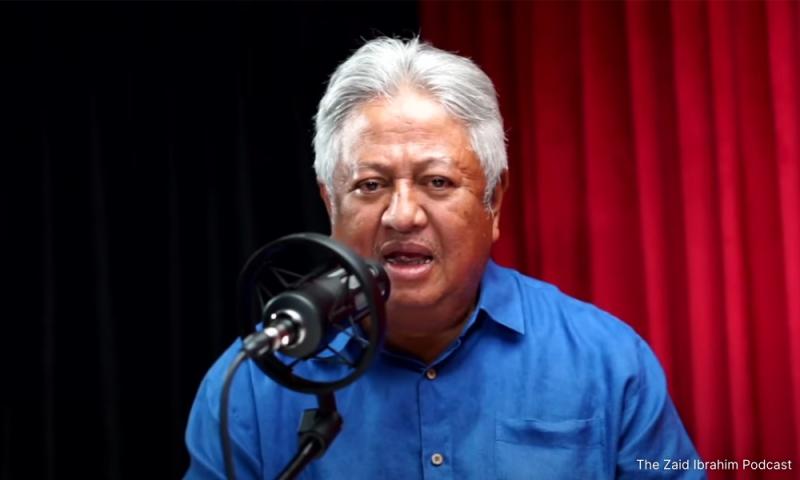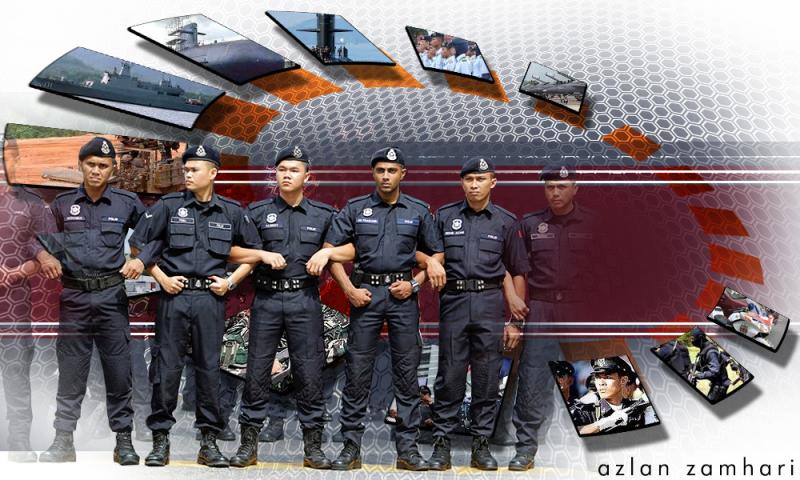The police and military are to step up joint patrols in strategic, touristic and public areas to reassure the people of their safety in view of recent terrorist attacks abroad.
Prime Minister Najib Abdul Razak said this was one of the decisions adopted at today’s meeting of the National Security Council which discussed security measures in the wake of the attacks.
Najib said the joint patrols would be implemented immediately to send a signal that the authorities were in control of the country’s security situation.
“The joint patrols by the police and military will reassure the people the that the government was concerned over any eventuality,” he told a news conference at Seri Perdana in Putrajaya.
Najib said the patrols would be conducted in areas such as Bukit Bintang and major shopping malls.
He also said that there should be no misinterpretation of these patrols.
“This is not any emergency declaration. It is just increasing the level of patrol preparedness, basically to reassure the public that we are in control of the situation.
“I like them (police and military personnel) to be seen. I think the public will be comforted if they see the presence of the security forces,” he said.
Asked whether the joint patrols would give rise to a perception of insecurity, Najib said: “No. We don’t want the government to be faulted later on.”
“We have to be ready because anything can happen, like in Paris, Jakarta and America. We must take the necessary measures. We must not interpret this as an imminent attack in Malaysia. We need to increase the level of sensitivity and preparedness for any eventuality,” he said.
Najib said it was not proper to name the areas at risk because that would result in various reactions from the people, undermine business and make the people change their lifestyle.
“We have to go about doing things as usual. Do not be afraid or worried. The right thing to do is to step up patrols and sensitivity towards security.
“It also involves the role of the public. The people can volunteer information to the police if they come across anything strange or unusual that poses a threat. Whatever it is, let the police take the appropriate action,” he said.
Asked about the level of ‘alarm’ at this point of time, Najib said: “We cannot define it in terms of threat levels. However, what we want to do is to increase the level of sensitivity and preparedness.”
‘Security had to be raised to a higher level’
Najib said today’s meeting also decided that security had to be raised to a higher level, but not only among the agencies and bodies charged with maintaining security, such as the police and the Malaysian Maritime Enforcement Agency (MMEA).
It should also cover other agencies, such as the Customs Department and Immigration Department, and also government officers and the village development and security committees, he said.
“The National Security Council decided that the police offer guidance and briefing to these bodies to help raise sensitivity to security to a higher level,” he said.
He said the Immigration authorities should ensure that people entering and leaving the country were not criminals or those who had the potential to become terrorists.
“We are doing all these because there is still a lack of serious attention to security matters,” he said.
Najib said the council also discussed the setting up of the Counter Messaging Centre to counter the narrative disseminated by the Daesh militants through the social media that could influence their targets to become lone-wolf terrorists.
The centre would be set up soon, though its location had yet to be decided, he said.
Najib said that based on briefing reports, 55 Malaysians had been detected involved with Daesh militants in Iraq and Syria and 17 of these people had been killed, six of them as suicide bombers.
“This scenario and the fact that we have arrested 129 Malaysians through pre-emptive and preventive action go to show that we have the security situation in the country under control,” he said.
- Bernama






